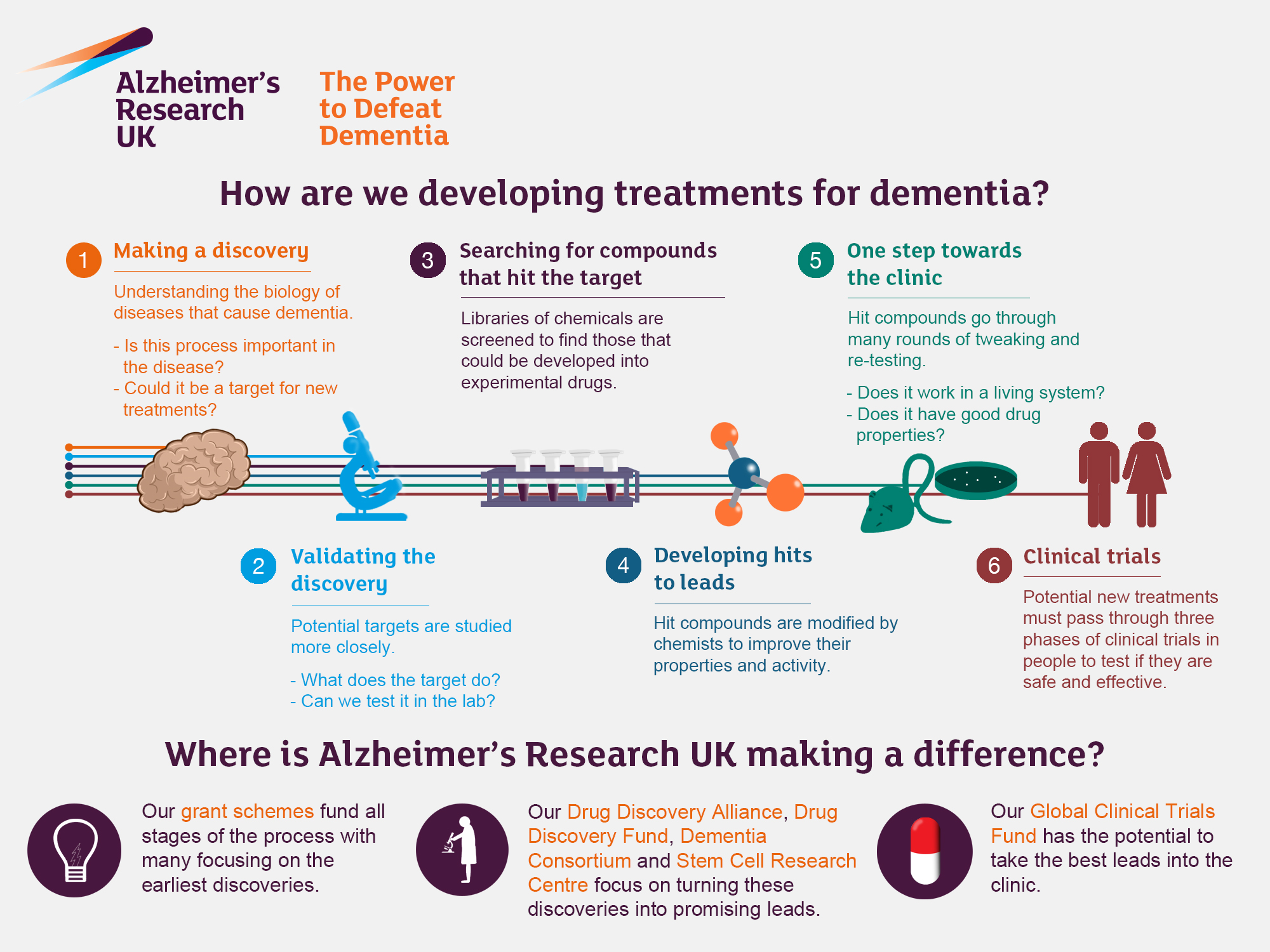Youth flourishing is an essential indicator of global well-being, yet recent studies reveal alarming trends affecting young people today. A significant investigation into the importance of youth investment has highlighted how socio-economic factors often overshadow crucial elements like mental health and youth development. Researchers have noted that despite economic advancement, many youths are struggling with a lack of social connections that are vital for their overall flourishing. In light of findings from the Global Flourishing Study, it becomes evident that fostering well-being relies on more than just financial security — relationships and community involvement play a crucial role in economic development and well-being. As we delve deeper into the complexities surrounding youth flourishing, it is imperative to address these pressing concerns to build a healthier future for younger generations.
The concept of thriving among young individuals has garnered considerable attention, especially as global studies unveil the intricate dynamics at play in society today. Understanding the vitality of investing in the younger population is pivotal to ensure their holistic growth and development. Recent research emphasizes the interconnectedness of mental health, social ties, and emotional well-being in nurturing a more prosperous generation. As such, the focus on adolescent success is more than just a local issue; it intertwines with broader themes of societal progress and economic enhancement. Moving forward, recognizing these factors will be key to empowering youths and fostering environments where they can truly flourish.
The Importance of Youth Investment for Global Flourishing
Investment in youth is paramount for achieving sustainable global flourishing and well-being. According to findings from the Global Flourishing Study, there is a clear correlation between youth investment and mental health improvements. Countries that prioritize resources towards youth engagement programs, mental health support, and education see not only a boost in individual flourishing but also in the overall economic development of their nation. This points to the urgent need for policymakers to recognize that financial expenditures alone do not guarantee youth well-being; instead, a holistic investment approach focusing on character development, social connections, and mental health is necessary.
The study emphasizes that the well-being of youth significantly impacts future generations. Societies that place a high value on youth flourishing foster environments where young individuals can develop meaning, build resilience, and form healthy relationships. This creates a ripple effect, as empowered youth contribute positively to their communities, underscoring the importance of youth investment as a foundational element for long-term well-being on a global scale.
Frequently Asked Questions
How does youth flourishing relate to the findings of the Global Well-Being Study?
The Global Well-Being Study highlights the importance of youth flourishing by indicating that financial wealth alone does not guarantee well-being for young people. The study shows that many middle-income countries have higher levels of youth flourishing compared to wealthier nations, emphasizing the need for targeted investments in youth mental health and social connections for overall global well-being.
Why is investing in youth important for their flourishing and mental health?
Investing in youth is crucial for their flourishing and mental health because early support fosters character development, resilience, and social connections, which are essential for long-term well-being. The Global Flourishing Study suggests that without adequate investment in these areas, youth may experience decreased levels of happiness and meaning, ultimately impacting societal economic development.
What role do social connections play in youth flourishing according to recent studies?
Recent studies, including the Global Flourishing Study, indicate that social connections are fundamental to youth flourishing. Strong relationships and a supportive community contribute to better mental health outcomes, enhancing overall well-being for young individuals. This highlights the importance of nurturing social ties alongside economic factors for youth flourishing.
How can economic development contribute to youth flourishing?
Economic development can contribute to youth flourishing by creating opportunities for education, employment, and community involvement. However, the Global Flourishing Study warns that prosperity must be balanced with attention to mental health and relational well-being, ensuring that as economies grow, they do not neglect the deeper aspects of human flourishing.
What are the implications of the J-shaped curve in youth flourishing over time?
The J-shaped curve observed in youth flourishing suggests that young adults experience a plateau in well-being during their late teens and 20s, followed by an increase in flourishing in later years. This shift calls for increased focus on mental health supports and programs aimed at young people, as they currently show lower happiness levels compared to older adults.
What factors influence youth flourishing identified in the Global Flourishing Study?
The Global Flourishing Study identifies several key factors influencing youth flourishing, including health, relationships, financial security, and spiritual well-being. These interconnected elements highlight the need for comprehensive strategies that address not only economic conditions but also the mental health and social environments in which youth thrive.
How does childhood development impact youth flourishing in later life?
Childhood development plays a significant role in youth flourishing later in life, as evidenced by the Global Flourishing Study. Children who experience strong parental relationships and good health are more likely to flourish as adults, underscoring the importance of early interventions and support systems in promoting long-term well-being.
Why is the focus on spiritual well-being important for youth flourishing?
Focusing on spiritual well-being is important for youth flourishing because it often correlates with higher levels of meaning and purpose in life. The Global Flourishing Study suggests that regular participation in spiritual or religious practices is linked to improved mental health outcomes and a greater sense of community, which are vital for the flourishing of youth.
| Key Point | Details |
|---|---|
| Study Overview | A global study on human flourishing conducted across 22 countries, including 203,000 respondents. |
| Youth Well-being | The study reveals significant concerns regarding the well-being of youth, especially in the U.S. |
| Key Findings | Most flourishing occurs in middle-income countries rather than wealthy nations. |
| U-Shape to J-Shape | The traditional U-shaped curve of flourishing has shifted to a J-shape for youth. |
| Financial Context | Financial success does not guarantee flourishing; Indonesia ranked highest without financial indicators. |
| Childhood Impact | Strong parental relationships and good health in childhood correlate with higher adulthood flourishing. |
Summary
Youth flourishing significantly hinges on various factors beyond mere financial success, as shown by recent studies that emphasize the importance of relationships, health, and childhood experiences. As we navigate these findings, it’s critical to reconsider how societal investments can enhance the well-being of younger generations. With a collective focus on nurturing environments and meaningful connections, we can foster an atmosphere ripe for youth flourishing.




